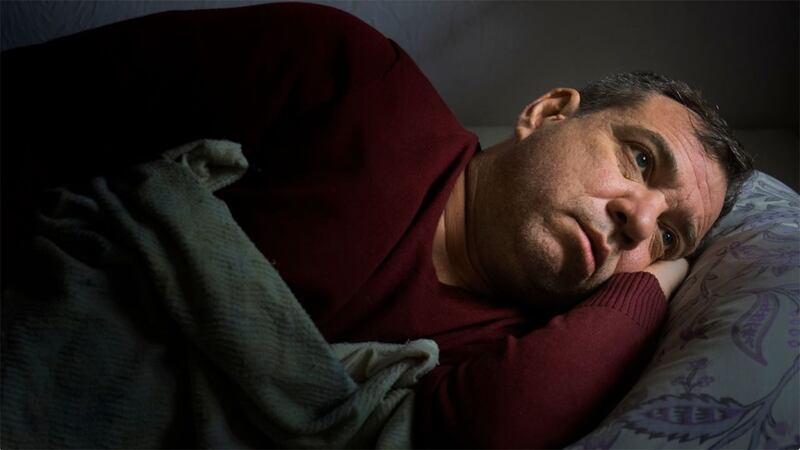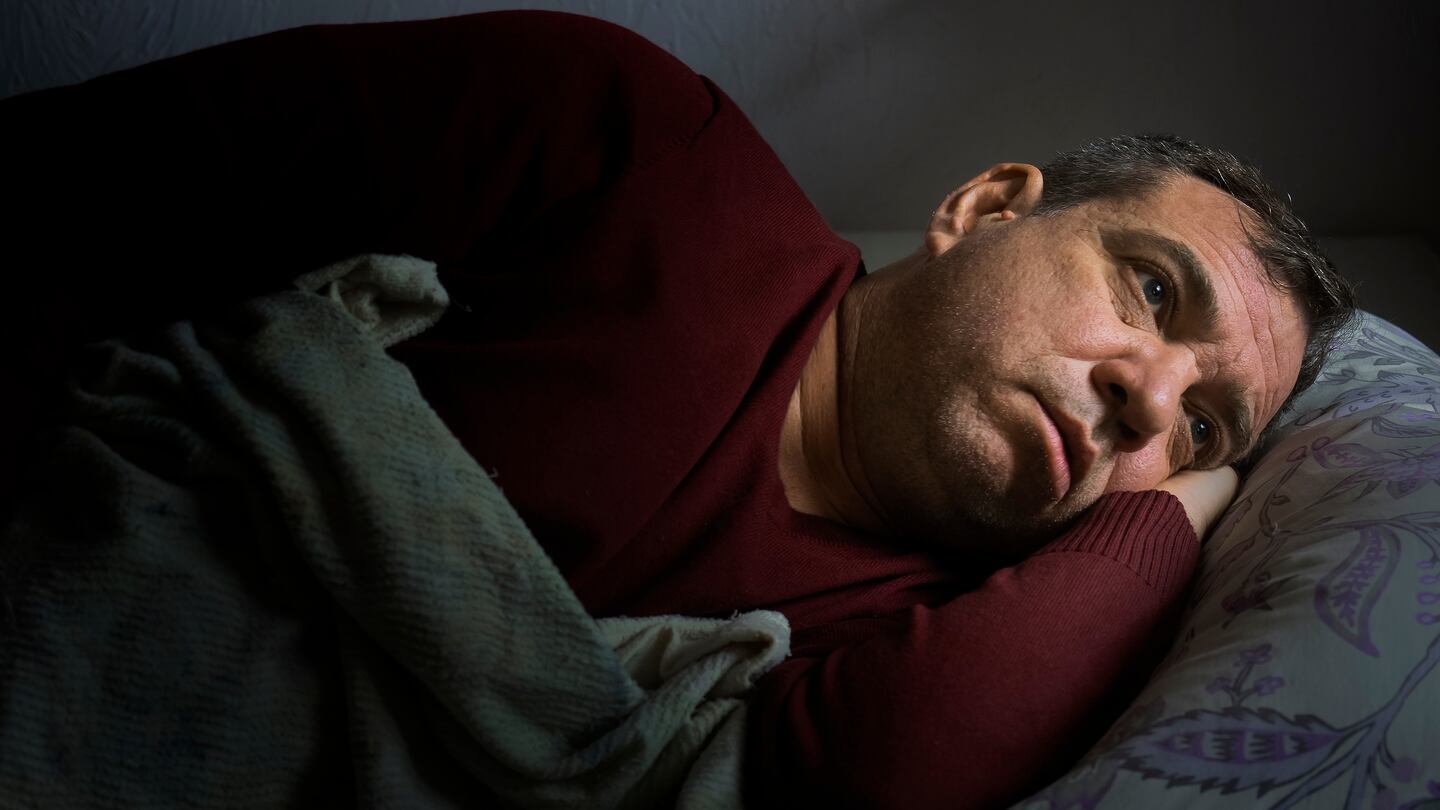The COVID-19 pandemic is wreaking havoc on our bodies, even for those who haven’t been diagnosed with the virus.
The BBC reported that the hashtag “can’t sleep” has been trending since people have been stuck in lockdown under stay-at-home orders.
Not only are people battling insomnia, but some people are also having weird dreams and nightmares as they try to process what is happening, CNBC reported.
The Sleep Foundation said the pandemic has been disrupting the sleep cycles even for those who normally get a full night’s sleep.
>> Coronavirus: How it could attack brains of some patients
Some people are reaching out to behavioral sleep researchers at the University of Alabama at Birmingham, asking why it is happening and how to stop it, CNBC reported.
Some of it may be due to the disruption of our routines. A new schedule or lack of a schedule may be hurting our sleep habits, the Sleep Foundation said.
>> Coronavirus: What is a clinical trial?
Because our schedules are in flux, the normal milestones that you have to hit every day like dropping kids at school or day care, arriving at work, even going to the gym are making it difficult to stay on track.
Being home, and not outside getting sunlight, may have reset the cues for being awake and being asleep.
On top of the scheduling issues, the stress and worry of getting sick and passing the virus to others, as well as the economic impact, could be causing restless nights.
More screen time may not let your brain turn off. People watching the headlines on their phones or other devices, having Zoom meetings, and just spending time on the devices because there’s nothing else to do can have an effect on their sleep, the Sleep Foundation said.
>> Coronavirus: Woman takes third job at nursing home to spend time with her mother
But to stay healthy, you need to get some rest.
Sleep strengthens the body’s immune system, helps brain function and makes you be in a better mood.
So how can you get enough sleep?
Experts say set a schedule. Have a fixed time to wake up every morning and to go to bed every night.
Also, have what they called “wind-down time." Build in some extra time to have a pre-sleep routine. Activities like stretching, reading and meditating can go well with changing for bed and brushing your teeth.
During the day, stay active, researchers told CNBC. Do chores, walk or exercise to make your body ready for sleep once it is time to hit the pillow.
Don’t take naps during the day, sleep researchers at the University of Chicago Medicine said. If you do nap, they need to be less than 30 min and before 2 p.m.









